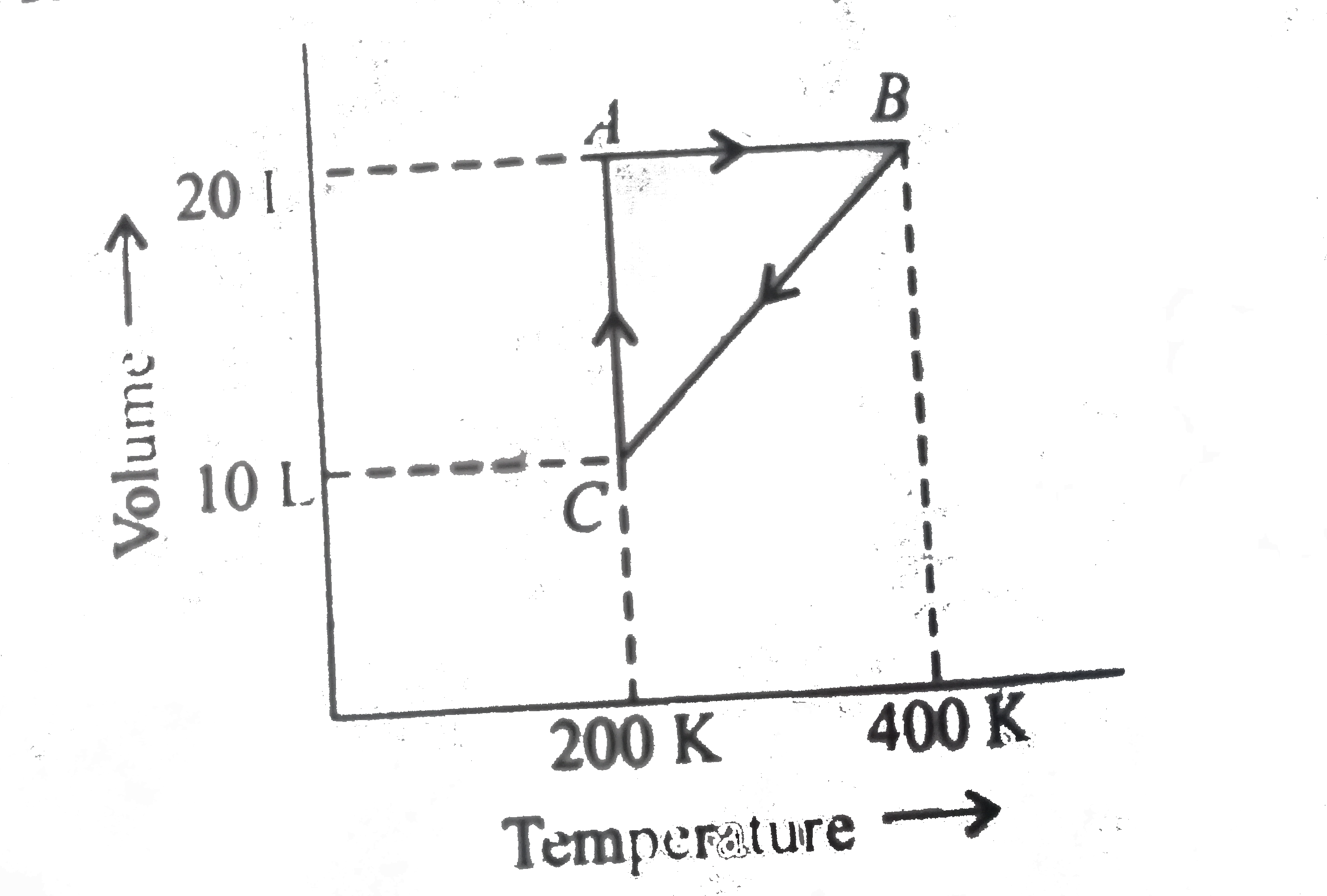If P be the sum of odd terms and Q be the sum of even terms in the expansion of (x+a)n, prove that
(iii) 2(P2+Q2)=(x+a)2n+(x−a)2n.
To prove that 2(P2+Q2)=(x+a)2n+(x−a)2n, where P is the sum of the odd terms and Q is the sum of the even terms in the expansion of (x+a)n, we can follow these steps:
Step 1: Write the expansions of (x+a)n and (x−a)n
The binomial expansion of (x+a)n is given by:
(x+a)n=n∑k=0(nk)xn−kak
Similarly, the expansion of (x−a)n is:
(x−a)n=n∑k=0(nk)xn−k(−a)k=n∑k=0(nk)xn−k(−1)kak
Step 2: Identify odd and even terms
In the expansion of (x+a)n:
- The even terms correspond to k=0,2,4,… (which contribute to Q)
- The odd terms correspond to k=1,3,5,… (which contribute to P)
Thus, we can express:
P=Sum of odd terms in (x+a)n
Q=Sum of even terms in (x+a)n
Step 3: Write the sums of odd and even terms
From the expansions, we can write:
P+Q=(x+a)n
P−Q=(x−a)n
Step 4: Solve for P and Q
Adding and subtracting these two equations gives:
P+Q+P−Q=(x+a)n+(x−a)n
2P=(x+a)n+(x−a)n⟹P=(x+a)n+(x−a)n2
Similarly, subtracting gives:
P+Q−(P−Q)=(x+a)n−(x−a)n
2Q=(x+a)n−(x−a)n⟹Q=(x+a)n−(x−a)n2
Step 5: Calculate P2+Q2
Now, we can find P2+Q2:
P2+Q2=((x+a)n+(x−a)n2)2+((x+a)n−(x−a)n2)2
Using the identity a2+b2=(a+b)2+(a−b)22:
Let a=(x+a)n and b=(x−a)n:
P2+Q2=14(((x+a)n+(x−a)n)2+((x+a)n−(x−a)n)2)
Step 6: Simplify the expression
Expanding the squares:
=14((x+a)2n+2(x+a)n(x−a)n+(x−a)2n+(x+a)2n−2(x+a)n(x−a)n)
=14(2(x+a)2n+2(x−a)2n)
=12((x+a)2n+(x−a)2n)
Step 7: Multiply by 2
Thus, we have:
2(P2+Q2)=(x+a)2n+(x−a)2n
Conclusion
This proves the required identity:
2(P2+Q2)=(x+a)2n+(x−a)2n
(x+a)n=n∑k=0(nk)xn−kak
(x−a)n=n∑k=0(nk)xn−k(−a)k=n∑k=0(nk)xn−k(−1)kak
- The even terms correspond to k=0,2,4,… (which contribute to Q)
- The odd terms correspond to k=1,3,5,… (which contribute to P)
P=Sum of odd terms in (x+a)n
Q=Sum of even terms in (x+a)n
P+Q=(x+a)n
P−Q=(x−a)n
P+Q+P−Q=(x+a)n+(x−a)n
2P=(x+a)n+(x−a)n⟹P=(x+a)n+(x−a)n2
P+Q−(P−Q)=(x+a)n−(x−a)n
2Q=(x+a)n−(x−a)n⟹Q=(x+a)n−(x−a)n2
P2+Q2=((x+a)n+(x−a)n2)2+((x+a)n−(x−a)n2)2
Let a=(x+a)n and b=(x−a)n:
P2+Q2=14(((x+a)n+(x−a)n)2+((x+a)n−(x−a)n)2)
=14((x+a)2n+2(x+a)n(x−a)n+(x−a)2n+(x+a)2n−2(x+a)n(x−a)n)
=14(2(x+a)2n+2(x−a)2n)
=12((x+a)2n+(x−a)2n)
2(P2+Q2)=(x+a)2n+(x−a)2n
2(P2+Q2)=(x+a)2n+(x−a)2n
Topper's Solved these Questions
- BINOMIAL THEOREMBOOK - ICSECHAPTER - BINOMIAL THEOREMEXERCISE - CHAPTER TEST
14 Videos
- BINOMIAL THEOREMBOOK - ICSECHAPTER - BINOMIAL THEOREMEXERCISE - EXERCISE 13 (a)
27 Videos
- BASIC CONCEPTS OF POINTS AND THEIR COORDINATESBOOK - ICSECHAPTER - BASIC CONCEPTS OF POINTS AND THEIR COORDINATESEXERCISE - CHAPTER TEST
2 Videos
- CIRCLEBOOK - ICSECHAPTER - CIRCLEEXERCISE - CHAPTER TEST
11 Videos
Similar Questions
Knowledge Check
If P be the sum of odd terms and Q be the sum of even terms in the expansion of (x+a)n, then (x+a)2n+(x−a)2n is
(i) P2−Q2
(ii) P2+Q2
(iii) 2(P2+Q2)
(iv) 4PQAP2−Q2BP2+Q2C2(P2+Q2)D4PQ
If A be the sum of odd terms and B be the sum of even terms in the expansion of (x+a)n, prove that A2−B2=(x2−a2)n
View SolutionIf o be the sum of odd terms and E that of even terms in the expansion of (x+a)n prove that: (i)O2−E2=(x2−a2)n (ii) 4OE=(x+a)2n−(x−a)2n (iii) 2(O2+E2)=(x+a)2n+(x−a)2n
View Solution
The pressures at A and B in the atmosphere are, respectively,
View SolutionIf the sum of odd terms and the sum of even terms in the expansion of (x+a)n are p and q respectively then p2+q2=
View SolutionIf P and Q are the sum of odd terms and the sum of even terms respectively in the expansion of (x+a)n then prove that
P2−Q2=(x2−a2)n
View SolutionIf the sum of odd terms and the sum of even terms in (x+a)n are p and q respectively then p2+q2=
View SolutionIf A and B are the sums of odd and even terms respectively in the expansion of (x+a)n then (x+a)2n−(x−a)2n=
View Solution
